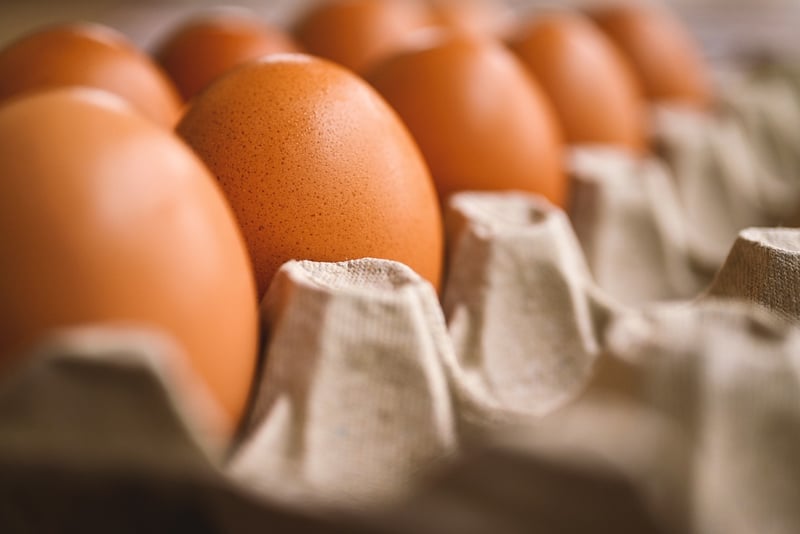Food Storage Tricks
Master Culinary Efficiency: Food Storage Tricks
Are you tired of constantly having to throw away spoiled food or struggling to find ingredients in your cluttered kitchen? Mastering culinary efficiency not only saves you time and money but also ensures that your ingredients stay fresh for longer. Here are some food storage tricks to help you become a kitchen pro:
1. Clear Containers
Invest in clear storage containers for your pantry staples like rice, pasta, and flour. Clear containers not only keep your ingredients fresh by protecting them from air and moisture but also allow you to see exactly what you have at a glance, preventing duplicate purchases.
2. Label Everything
Labeling is key to an organized kitchen. Use a label maker or masking tape and a permanent marker to label your containers with the name of the ingredient and the date you opened it. This simple trick prevents confusion and helps you track the freshness of your ingredients.
3. Utilize the Freezer
Your freezer is your best friend when it comes to food storage. Freeze leftovers in portion-sized containers for quick and easy meals, and store items like nuts, seeds, and whole grains in the freezer to extend their shelf life. You can even freeze fresh herbs in olive oil for easy flavor additions to your dishes.
4. Mason Jars
Mason jars are versatile and perfect for storing everything from salad dressings and sauces to chopped fruits and veggies. They are also great for meal prep, allowing you to assemble salads or overnight oats in advance for a grab-and-go meal.
5. Vacuum Sealer
If you want to take your food storage game to the next level, consider investing in a vacuum sealer. Vacuum-sealed bags or containers remove air from the packaging, significantly extending the shelf life of your ingredients and preventing freezer burn.
6. Properly Store Produce
Not all fruits and vegetables should be stored in the same way. Some produce items emit ethylene gas, which can cause others to ripen prematurely. Store ethylene-producing fruits like apples and bananas separately from ethylene-sensitive items like leafy greens and berries to prevent spoilage.
7. Rotate Your Stock
Practice the "first in, first out" method to ensure that your oldest ingredients are used first. When you unpack groceries or cookware, place new items behind older ones to prevent items from expiring before you have a chance to use them.
By implementing these food storage tricks and mastering culinary efficiency in your kitchen, you'll not only reduce food waste but also streamline your cooking process. Say goodbye to cluttered cabinets and wasted ingredients, and hello to a more organized and efficient cooking experience!

Remember, a well-organized kitchen is the secret ingredient to successful cooking!
